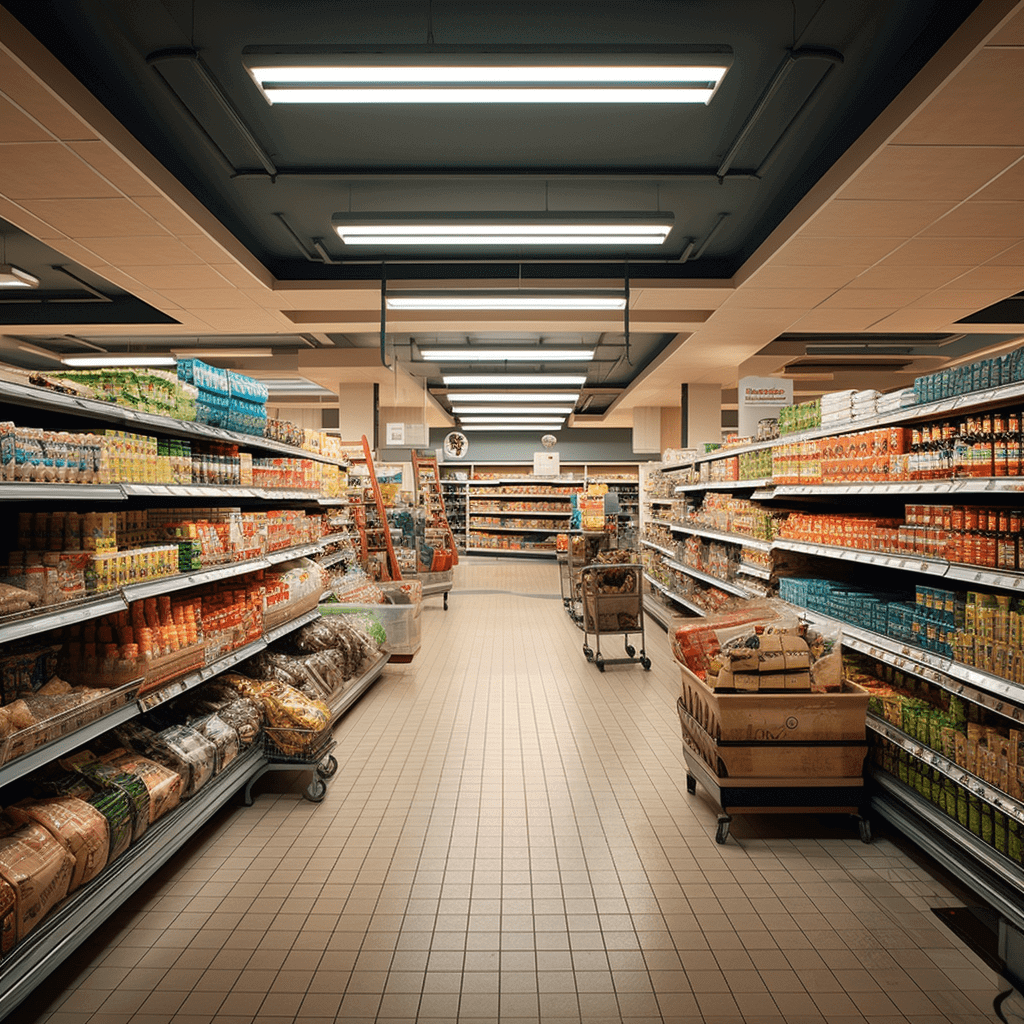Carrefour, one of France’s leading supermarkets, has taken a unique approach to “shrinkage inflation,” the phenomenon in which product sizes decrease while prices remain stable. This week, the store began placing warning stickers on its shelves, highlighting the products affected by this trend.
Prominent brands such as Lipton Ice Tea, Lindt chocolate and Viennetta ice cream have been noted for reducing the size of their products. The store’s initiative aims to inform consumers of changes such as lighter packaging contents or reduced bottle sizes.
Stefen Bompais, director of customer communications at Carrefour, commented: “Our aim in highlighting these products is to urge manufacturers to re-evaluate their pricing strategies.”
The supermarket has highlighted 26 products from renowned manufacturers such as Nestlé, PepsiCo and Unilever. For example, Nestlé’s Guigoz infant formula has been reduced from 900 g to 830 g, while PepsiCo’s Lipton Sugar Free Peach Ice Tea has been reduced from 1.5 liters to 1.25 litres. In addition, Unilever’s Viennetta ice cream reduced from 350 g to 320 g.
Shoppers can easily identify these products, thanks to the signs on the Carrefour shelf that say: “This product has reduced its volume/weight, but the supplier’s price has increased.”
While there has been no comment from the brands concerned, the price hike has been a matter of contention among French food retailers and producers, mirroring concerns in the UK. Last June, French Finance Minister Bruno Le Maire convened numerous retailers and consumer groups to discuss price and inflation issues.
British retail expert Ged Futter believes UK supermarkets are unlikely to adopt Carrefour’s approach because of the potential rifts it could create with food manufacturers. He highlighted the irony of supermarkets pointing the finger when they use similar “inflation” tactics with their private label products.
Lindt & Sprüngli responded to the claims, attributing a 9.3% price increase to high raw material costs. However, they emphasized their commitment to transparent product labelling, ensuring that consumers are well informed.
This article is sourced from and written by AI.
Track and stay informed about AI-generated news:

